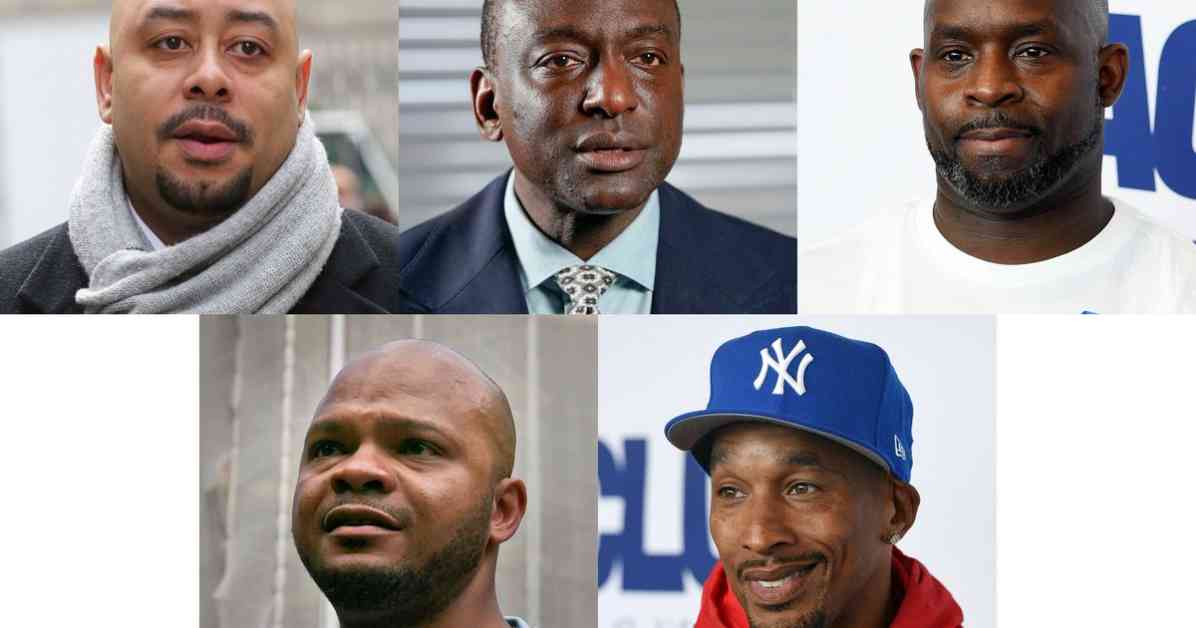The five men who were once known as the Central Park Five and later exonerated have taken legal action against Donald Trump for defamation. They claim that Trump made false statements about them during a recent presidential debate with Vice President Kamala Harris, and they are seeking compensatory and punitive damages through a jury trial.
The group’s lawyer, Shanin Specter, stated that Trump’s statements were untrue and have caused the men to once again fight to clear their names. Despite concerns that the lawsuit may be seen as politically motivated due to the group’s support for Harris, Specter emphasized that they are seeking justice through the legal system.
The men were wrongfully accused as teenagers of raping and beating a woman in Central Park in 1989. Despite confessing under duress, they later recanted and were convicted. However, their convictions were vacated in 2002 after another individual confessed to the crime.
Trump’s involvement in the case dates back to when he took out a full-page ad in the New York Times calling for the teens’ execution. This marked his entry into tough-on-crime politics, setting the stage for his later political career characterized by racist rhetoric.
The Exonerated Five, as they are now known, have been actively campaigning for Harris and have criticized Trump for not apologizing for the newspaper ad. Some of the men have spoken at the Democratic National Convention and have joined civil rights leader Al Sharpton on a bus tour to encourage voter turnout.
Previous defamation lawsuits against Trump have resulted in significant monetary awards to the plaintiffs. In one case, advice columnist E. Jean Carroll was awarded $83.3 million for Trump’s social media attacks against her regarding sexual assault allegations. Another case in 2023 found Trump liable for sexual abuse and issued a $5 million judgement.
The lawsuit filed by the Central Park Five against Trump highlights the impact of false statements and the importance of seeking justice and clearing one’s name. It also underscores the role of the legal system in addressing defamation and holding individuals accountable for their words and actions.






















